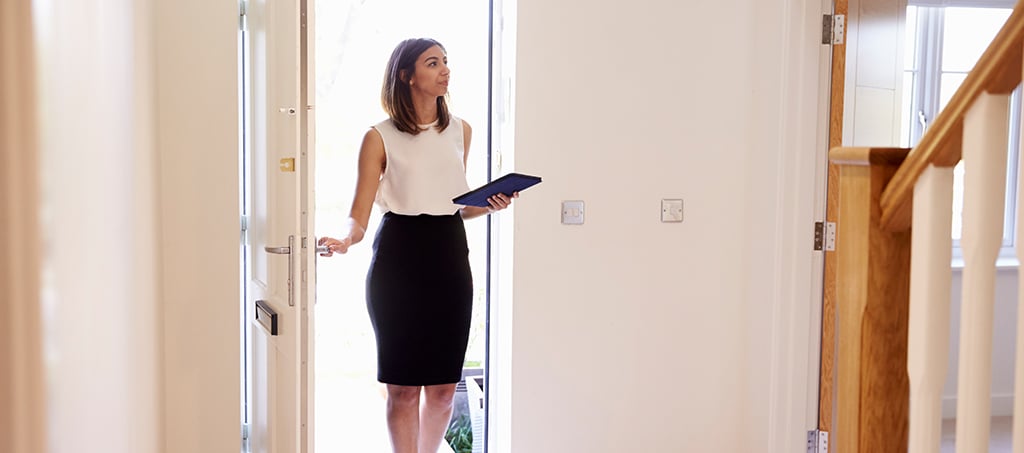BLOG
Subscribe to our newsletter
How much time and effort goes into a rental property inspection?

Regular property inspections are an essential part of being a landlord. From ensuring your investment remains in reasonable condition to fulfilling the obligations of your landlord insurance, there are plenty of reasons why inspecting your rental property is a good idea.
But what should a landlord look for in an inspection? And what responsibilities do you have to your tenants when you want to hold one?
Tenant rights during inspections
When organising a rental inspection, you must:
- Give your tenants at least 48 hours’ notice.
- Tell the tenants if you plan to conduct a meth test—you must do this before you start.
- Provide results within 7 days of the meth test, if you conduct one.
Important! You must provide your tenants notice of the upcoming inspection. You cannot simply “walk in” to the property. Doing so is a breach of your tenants’ right to the peaceful enjoyment of their home and the Residential Tenancies Act.
The tenants can choose whether or not they want to be present for the inspection. They have no obligation either way. However, if they choose to attend, it offers a chance for you to touch base with your tenants and respond to any questions or problems they may have regarding the property or the lease.
You might be interested in our guide: Rental property management: what new landlords need to know
How long should it take?
Most inspections run for about 30 minutes, however, they may go longer depending on the size of the property.
Wondering how often should you inspect a rental property? Find out here.
Can a landlord take photos during an inspection?
Yes, and we recommend you do in case anything is disputed later. However, you should not photograph any of the tenants’ possessions. It is also worth noting that your tenants can request access to any photos that might contain personal information about them.
What to look for during a rental inspection?
Most inspections check the following:
- The state of repair in each room, such as lights, locks, curtains/blinds, powerpoints, windows, floors, walls and doors.
- The condition of any furniture or white goods supplied with the property.
- The functions of the essential must-haves: running water, toilet(s) and bath/shower(s).
- Lawns and garden(s) have been maintained (usually this means mowing and weeding).
- Any evidence of mould, damp or pests. Read more here.
While the above are obvious signs, there are other, seemingly unimportant, items to look for during an inspection. For example, a mattress lying directly on the carpet. In such situations, there is no air movement between the mattress and carpet, which can result in damage to the carpet. This is just one of a number of things private landlords might miss during an inspection, and where the experience of a dedicated property manager pays dividends.
Important! Check the smoke alarms are working. It is your responsibility to provide smoke alarms for the property, but your tenants’ responsibility to replace the batteries.
We also recommend talking to your tenants to see if any issues have arisen with the property that you need to see to.
Need a rental property inspection checklist? Download one here.


